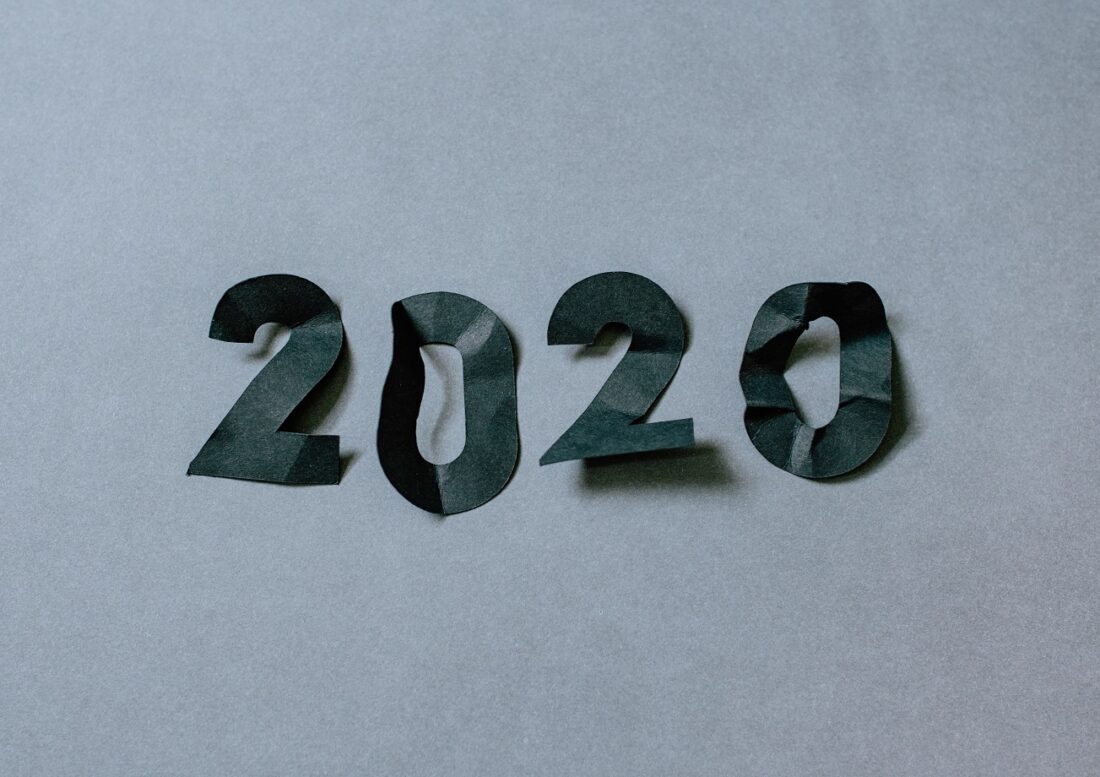Dr Narelle Tunstall
Managing Editor, Graduate Research Impact
I always liked the old adage ‘hindsight is 2020’, but I may never take the phrase seriously again.
What a year!
Despite what 2020 has thrown at us, there’s been plenty to celebrate in graduate research.
We saw the 3MT thesis competition successfully go onlilne and the Visualise Your Thesis competition grow it’s international audience, with all participants highlighting the value that graduate researchers bring to a knowledge-based economy.
We’ve also seen considerable efforts to support graduate students during the pandemic adapting to meet the needs of graduate researchers during COVID-19 and deliver the skills development they will need in the pandemic era.
And despite the Coronavirus vaccine from University of Queensland and CSL being abandoned, I doubt we’ve seen the last of the vaccine’s molecular clamp technology developed by the Queensland team, many of who completed their PhDs at UQ years earlier.
I know for many people, amongst the upheaval, the uncertainty, the distress, and the frustration, 2020 has also offered a unique opportunity to reflect.
Reflection is a good thing.
John Dewey, a philosopher, psychologist and an educational reformer and one of the most prominent American scholars in the first half of the twentieth century, said “we don’t learn from experience… we learn from reflecting on experience”.
So, in 2020, did you get a chance to reflect?
And if so, what did you learn?
It seems some of my friends have learnt they regularly travelled more than 5km from their homes just for coffee (Melbournite’s and their coffee!).
But more pertinently, through the experience of managing this new Graduate Research Impact blog I’ve reflected on the fact that taking on a Higher Degree by Research, often far from home, is a big task and there’s many reasons people start. And there’s also many ways to have impact. And I’m determined to tell some more of those stories in 2021 in the hope it might inspire even one graduate researcher’s career.
Through this blog it’s been great to highlight the research contributions graduate researchers have, and are, making to Australia’s knowledge economy but that it’s also ok if, at the end of your studies, you don’t want to be a researcher anymore. Your impact doesn’t stop with your degree.
Since the Chief Scientist Alan Finkel launched our blog at the end of June, we have posted 31 articles covering various research impacts (health, environment, social, and economic), graduate research education and careers.
In 2021 we hope this Impact Blog will continue to build a clear account for why research expertise, and the many ways it is used during and after researchers graduate can guide our nation into the future.
Like Kate Robb through the Marine Mammal Foundation
Like Tamika Heiden through her Research Impact Academy
Like Christopher Sonn through his community identity research
Like Shyuan Ngo through her MND research
Like Zefeng Wu through his industry linked research in advanced manufacturing
Whatever experience 2020 has handed you, I hope what we’re trying to achieve here at the ACGR Graduate Research Impact blog – that is to celebrate the achievements of Research Graduates and the impacts they are having to make the world a better place – gives you hope as you reflect on the year that was.
I think John Dewey, who was also a meliorist believing that the world can be made better by human effort, would certainly approve.
It was 1884 when John Dewey earned his doctorate and turns out it’s not just John Dewey’s insights we’re still benefiting from. Here’s some of the research, innovation and impacts from 1884:
- It was the year the invention of local anesthesia by Karl Koller was made public, at a medical congress in Germany.
- The International Meridian Conference in Washington, D.C. fixed the Greenwich meridian as the world’s prime meridian.
- It was the year Mark Twain’s Adventures of Huckleberry Finn was first published in London.
- The eight-hour workday was first proclaimed by the Federation of Organized Trades and Labor Unions in the United States – a holiday recognised in many industrialised countries still.
- The oldest stock index still in use, the Dow Jones Transportation Average, was created.
- And then there’s Thomas Parker who is thought to have built a practical production electric car in 1884 using his own specially designed high-capacity rechargeable batteries.
One hundred and thirty six years later, we still delight in Mark Twain’s literary humour, still use Greenwich Mean Time, the Dow Jones, and anaesthesia, and though it seems incredible that it’s taken so long to move towards electric cars (!!) I know I’m excited to see the lasting impacts of the research conducted by the many graduate researchers who made it through 2020.
This will be our final post for the year.
Wishing you a safe and happy festive season.
See you in 2021 with more Graduate Research Impact!
Photo by Kelly Sikkema on Unsplash

